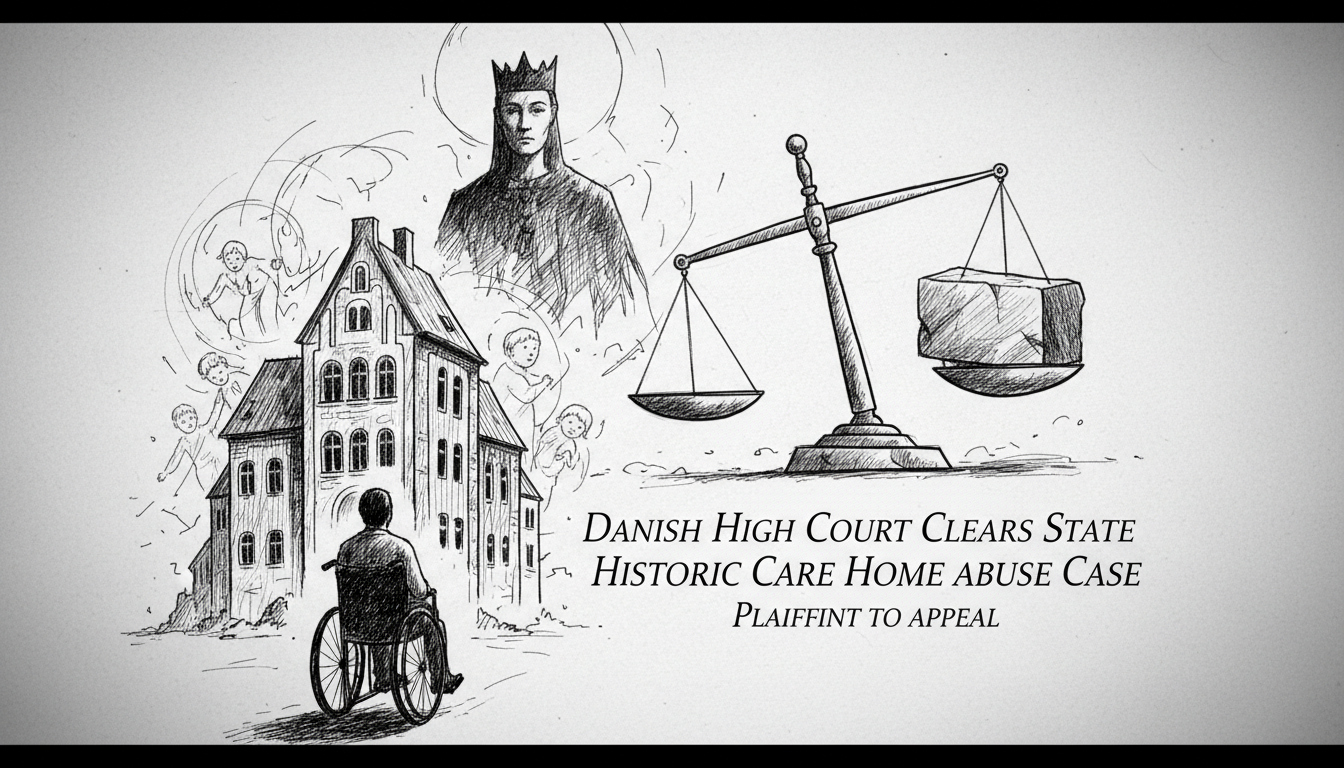A Danish high court has cleared the state of responsibility in a painful historical case involving a man wrongly placed in special care facilities. The Eastern High Court confirmed a lower court's ruling that while Kurt Christiansen suffered abuse during his state custody, the government's legal responsibility could not be proven. This decision maintains a troubling pattern in Denmark's reckoning with its past care system failures.
Kurt Christiansen spent ten years in state care facilities after being misdiagnosed as mentally disabled. Authorities later discovered he simply had hearing difficulties. His lawyer Knud Foldschack expressed satisfaction that the court acknowledged the case wasn't legally outdated, allowing potential appeal to the Supreme Court.
The case centers on Christiansen's placement at Frederiksholm reception home in Copenhagen and other state facilities. He sought approximately 300,000 kroner in compensation, matching amounts other care home survivors received in earlier settlements. His legal team argued the treatment violated European human rights conventions.
This ruling highlights ongoing challenges within Denmark's welfare system regarding historical injustices. Many Danes wrongly placed in care facilities during the mid-twentieth century continue seeking acknowledgment and compensation. The case reveals how Denmark's renowned social safety net sometimes failed its most vulnerable citizens.
Copenhagen integration policies have evolved significantly since Christiansen's ordeal. Modern Danish social policy emphasizes individual rights and proper diagnosis before institutional placement. Yet this case shows the long shadow cast by past system failures.
Danish municipalities now operate under stricter protocols for vulnerable citizens. Social centers across Denmark implement comprehensive screening processes to prevent similar misplacements. The country's immigration policy and integration frameworks have also developed more humane approaches.
What does this mean for Denmark's reputation as a progressive welfare state? The case demonstrates that even societies with strong social protections can commit grave errors. It also shows the legal system's difficulty in addressing historical wrongs where evidence and witnesses fade with time.
The Ministry of Social Affairs and Elderly, representing the state, maintained its position throughout the proceedings. Government lawyers successfully argued that current standards shouldn't judge past actions and that specific responsibility couldn't be established.
This ruling leaves open questions about Denmark's willingness to confront uncomfortable chapters in its social history. As care home survivors age, their window for obtaining justice narrows. The potential Supreme Court appeal represents one of few remaining paths for acknowledgment.
Denmark's welfare system continues evolving, but cases like Christiansen's remind us that progress often comes too late for those harmed by earlier systems. The balance between legal standards and moral responsibility remains difficult to strike in historical abuse cases.

